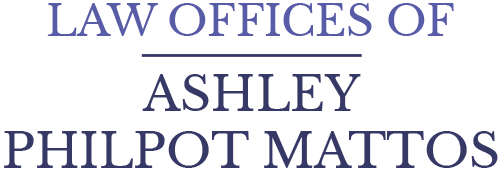Most California parents understand that when faced with a custody challenge, each party will be required to retain his or her own legal counsel. However, there are many child custody cases in which parents are unable to afford the cost of legal services and have no choice but to fight the cases on their own behalves. It should come as no surprise that the outcomes of such endeavors are often unfavorable for the pro se litigants.
An example is found in a high-profile child custody case featuring an indigent mother. When the mother was unable to provide for her little girl’s specific care needs, she chose to place her daughter in the care of a facility that offers adoption placement services. as well as short-term foster care. In the belief that she would be able to return and take her daughter home when her financial circumstances improved, the mother felt that this was the best available option at the time.
She was surprised to learn that instead of providing foster care for her daughter, the facility began making efforts to place her daughter for adoption with an unrelated family. Part of that process involves the termination of the biological parent’s parental rights. The mother participated in the legal process, but she was unable to afford an attorney at that time. As a result, her rights were terminated, and the adoptive family was committed.
The mother was able to find an attorney willing to take on the case pro bono and move it through the appeals process. In a recent hearing, the higher court ruled that parents who are unable to afford legal counsel and stand to risk losing their children have the right to be represented in court. In most states, this is already in play for parents whose parental rights are challenged by the Department of Social Services. Individuals who are in traditional child custody battles, or who are facing challenges from third parties, are usually unable to obtain such assistance.
This ruling means that the mother can go back to trial and challenge the adoption. However, in cases in California and across the nation in which adoptions are to be overturned, the courts consider the best interests of the children. In this case, the child has bonded with her adoptive family, which means that the biological mother may be left with something of a hollow victory.
Source: courierpostonline.com, “NJ top court: Birth mom has right to lawyer in custody case“, Salvador Rizzo, July 30, 2016
